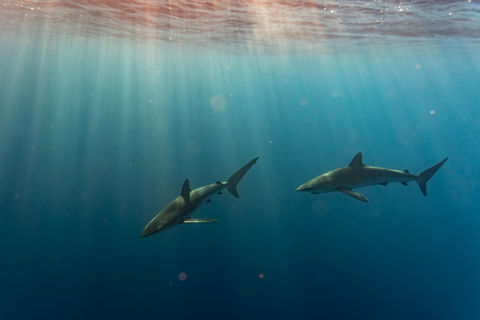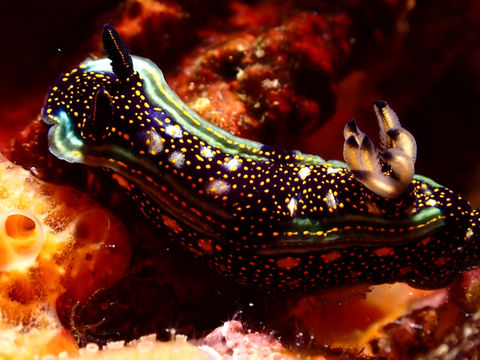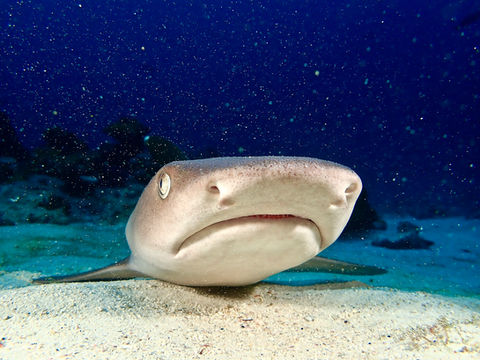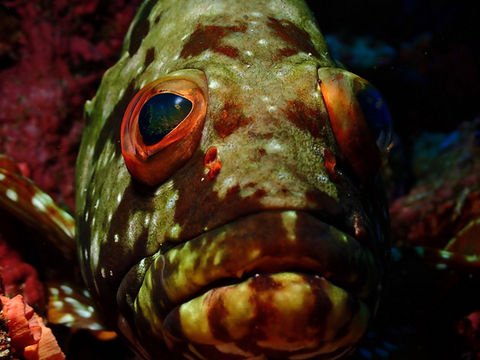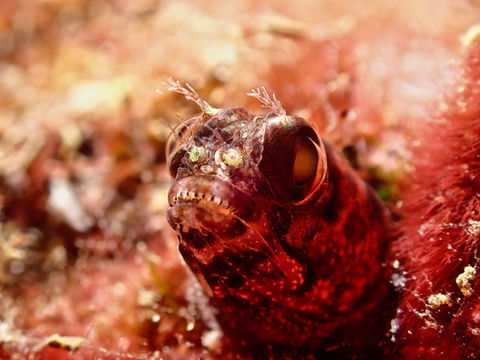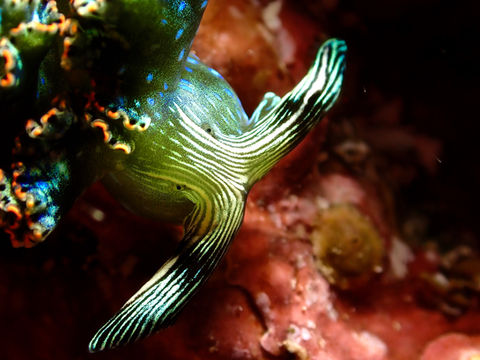
"In support of ocean conservation, Acadia hosts scientists to study and document the health of marine ecosystems and diversity of marine life on voyages to remote locations around the globe. Helping connect people, create a deeper understanding of the challenges faced as we address ocean health and foster public discussion and policy in support of marine conservation."

Global Expeditions
Reforestation Projects
Scientific Partners
16
20
2
Our Mission
To Study and observe marine ecosystems and species interaction, from this process take steps to promote ocean health, marine science conservation, and public policy. We will do this in a way that:
-
Seeks to meet, engage with, and help support local scientists and marine naturalists. Acadia to provide a platform to support their work and share their story.
-
Focus on four Specific areas, Coral Health, Ocean Chemistry, Shark Conservation & Marine Debris.
-
Through a series of annual expeditions (3 to 4 a year) and Acadia’s observations.
-
Uses social media to promote the travels of Acadia and the work of marine scientists (via video summaries, Instagram, and the Acadia Web page.
-
Create Photographic records of Acadia’s travels highlighting through best-in-class photography & the work of scientists and the wonders of the Oceans. Books provided to scientists and shared with other interested parties.
-
Engage others to become active supporters of ocean health and conservation.
Our Ocean Home
"Oceans cover 71% of the planet and contain 97% of the water on Earth. Beneath them, the highest mountains and deepest canyons provide homes for nearly 80% of life on earth. The oceans, by some estimates, absorb one-third of the carbon dioxide we emit each year while phytoplankton produce 50% of the oxygen we breathe. Meanwhile, seafood production is critical to global food security and poverty alleviation. Seafood provides 2.5 billion people with at least 20% of their average per capita animal protein intake each year and in many small island states and developing countries, people are even more reliant on food from the sea as their primary source of protein source and their livelihood.
Oceans, the lifeblood of our planet, are increasingly under threat by the steady and relentless pressures of humankind. As carbon emissions increase, so does the acidity of our ocean. The ocean has become 30% more acidic over the last two centuries and shellfish, coral and other animals are dissolving in the increasingly acidic seawater. Not only does ocean acidification threaten marine biodiversity, it compromises fisheries and aquaculture production and food security for the economies and communities that rely on a healthy, thriving ocean. Waste and trash contribute 8 million tons of plastic annually to our oceans further impacting ocean life as it decomposes. At the same time, population growth impacts important blue carbon ecosystems like seagrass and mangrove habitats further reducing oxygen contribution and carbon absorption capacity of our oceans.
But we can make a difference! Climate change, ocean acidification, overfishing, plastic pollution, coastal development are all man-made problems with man-made solutions. Acadia will journey to remote areas of the oceans to study, observe and report what we learn about ocean acidification, coral health, marine debris and blue carbon. Working with local scientists and ocean-dependent communities, we will work to elevate the importance of ocean health and promote the steps we all can take to improve it."
M Rohr
CONTACT US
Scientific Proposals
SY_ACADIA
SY Acadia
Acadia is keen to receive expedition and/or scientific proposals for all areas of marine conservations and science with in our four fields of focus. Our mission is to provide a platform, funding and promote the hard work of teams across the oceans on their voyage to a better planet. Acadia is a well organized, structured, involved and hands on team, to assist, learn, promote and increase awareness in the marine world to assist in the drive to better our future oceans.
Please email Expeditions Proposals to our mission coordinator Roseanna Dodwell. We look forward to providing the platform and assistance to your work while in the remote locations of the Pacific during 2021 to 2023.
